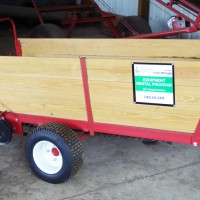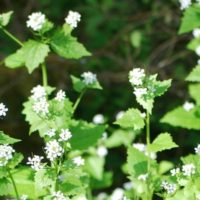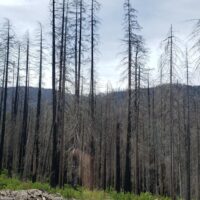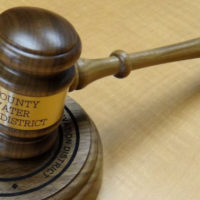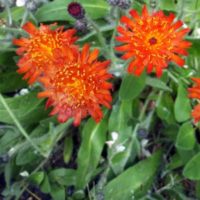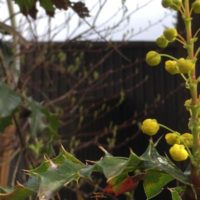You are a steward of your land and resources
When you live on a piece of land, you become responsible for the preservation and enhancement of that land and wise use of its natural resources. It is less a matter of building on the work of previous generations than preparing it for future ones. You become the steward of the property and are responsible for protecting the soil, water, air and wildlife that come with it or leave from it.
Leave your land healthier
Taking care of the land rewards you environmentally, economically and socially. Property values are enhanced, as well as the overall economic vitality of the region you are a part of. You become a responsible steward when you leave the property healthier than when you found it.
Conservation Tips to Help You Improve Your Property
Control pests
Start with a pest control practice that will have the lowest impact on soil and water health. If you find it necessary to use pesticides and herbicides, follow the directions on the label and use the ones that are least toxic and will not accumulate in the soil and water.
Remove standing water and keep invasive weeds controlled to reduce mosquitoes and other harmful insects or disease.
Implement an Integrated Pest Management plan which can reduce chemical use.
Plant buffers and native vegetation
Create a buffer of vegetation at least 20 feet wide along a stream, pond or road ditch to filter runoff, absorb excess nutrients and chemicals as well as provide increased habitat diversity.
To attract wildlife, plant native trees, shrubs and other vegetation that offer cover and food.
Keep water clean
Make sure the water that leaves your property is as clean as the water that comes in. Protect water quality by reducing the amount of nutrients, chemicals, animal waste and sediment entering streams.
Protect your drinking water. Store any toxin—such as pesticides, fertilizer, fuel and paint—away from your well house. If stored in the well house, these materials can spill or leak into the wellhead, contaminating your water supply and that of your neighbors.
Use less water
Use only the water essential for your needs. Don’t overwater. Use conservation practices to protect the water sources on your land.
Drip irrigation minimizes the amount of water that evaporates while it maximizes the amount that is used by plants. Water early in the morning, in the evening or at night.
Grow plants matched to your climate and soil
Make crop choices that best match your land and site. Before planting crops, take a soils test and know the nutrient and water requirements of both the soil and the crops. Consider if the slopes, microclimates and other land characteristics will be a better match for livestock, crops or trees.
Healthy pasture means healthy animals
Keep animals and pastures healthy by dividing your land into several grazing areas and rotating your livestock from area to area. Cross fencing and rotation grazing increases useable forage, controls weed infestations and reduces mud, which will enhance animal health and performance. Manage your herd size—know how many animals your pasture can maintain.
Keep animals out of streams
Fencing prevents livestock from trampling streambanks, destroying vegetation and stirring up sediment in the streambed.
Recycle nutrients by using manure
Turn manure into fertilizer or “black gold.” During the winter months collect and store manure properly in a high and dry area with a cover. During the growing season spread manure when crops can use manure nutrients.
Protect your property from fire
Make sure your property is defensible from fire and take care when burning. What you burn is air-mailed and if a fire leaves your property you are responsible for any damage.
For more information…
For assistance in implementing these conservation tips, please contact the Clackamas Soil and Water Conservation District at 503-210-6000 or email us!

